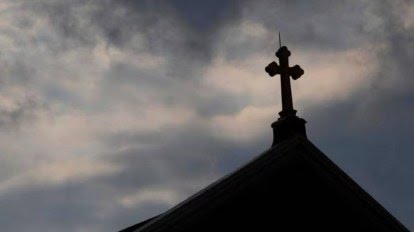Kochi: The Syro-Malabar Church has strongly refuted claims made by Kesari, the RSS-affiliated Malayalam publication, over alleged religious conversions. Taking to Facebook with the image captioned “Stop Hindu Fascism”, the church accused the magazine of spreading falsehoods, historical distortions, and communal propaganda, reported the Hindustan Times.
The church said that Kesari, known as the mouthpiece of the Rashtriya Swayamsevak Sangh (RSS) in Kerala, is deliberately inciting division and mistrust between communities, particularly targeting Christians. “The recent article, steeped in falsehoods and historical distortions, appears deliberately crafted to incite division, distrust, and disharmony between communities,” the statement read.
Condemning growing restrictions on Christian gatherings, prayer meetings, and incidents of violence against pastors and lay believers, the church warned that India’s constitutional secularism is “under siege.” It questioned why minority communities should be denied religious freedoms when Hindu spiritual leaders and gurus are allowed to freely propagate their teachings, establish temples, and receive donations from abroad.
The controversy stems from a recent article in Kesari Weekly following the arrest of two nuns in Chhattisgarh on allegations of forced conversions. The publication claimed that the church was attempting to oppose anti-conversion laws in several Indian states and accused it of fostering enmity among religious groups.
In addition to the conversion controversy, the Syro-Malabar Church has also raised concerns over land disputes involving the Waqf Board. In a letter to the Joint Parliamentary Committee (JPC) on the Waqf (Amendment) Bill, Archbishop Andrews Thazath, chairman of the church’s Public Affairs Commission, alleged that properties belonging to nearly 600 Christian families in Cherai and Munambam villages of Ernakulam district have been unlawfully claimed by the Waqf Board. He said a parish church, convent, and dispensary are also under threat of eviction.
The church has urged the JPC to address the plight of these impoverished fishing communities and safeguard their rights over ancestral lands.




